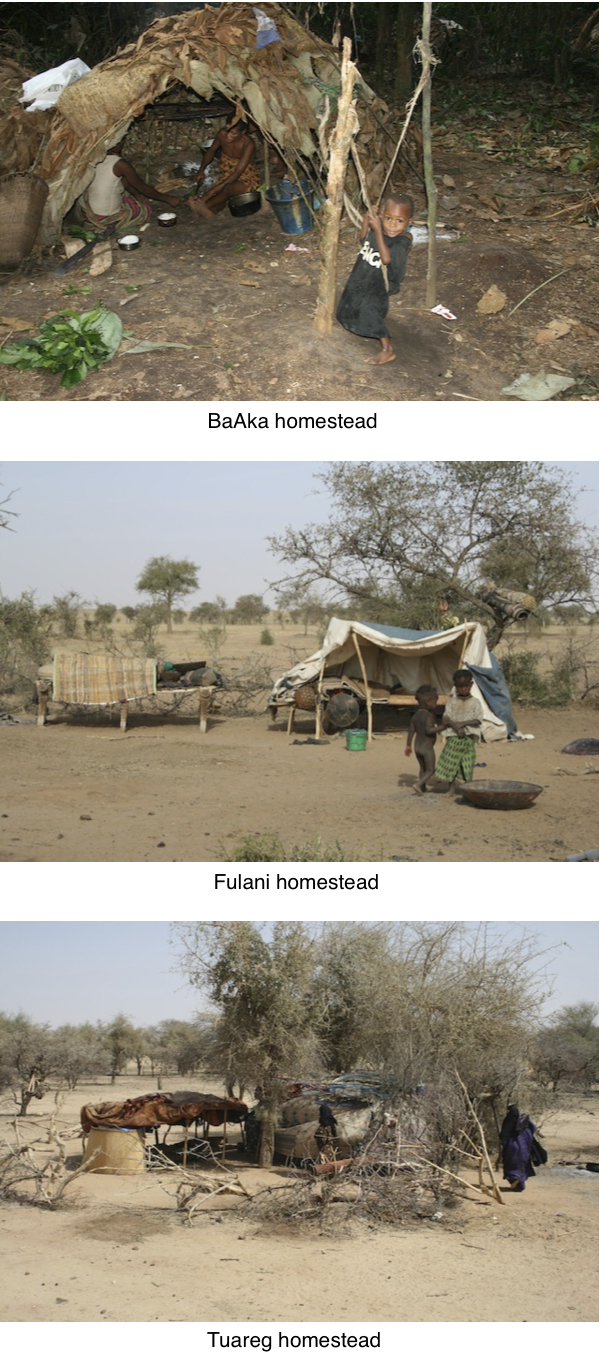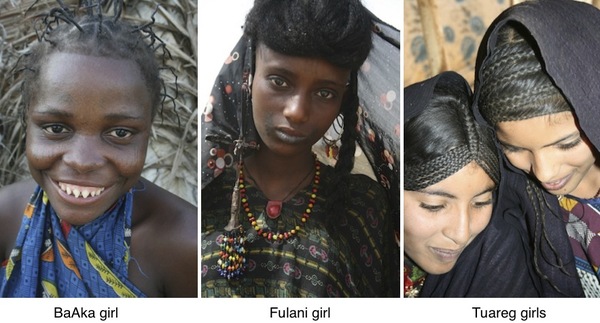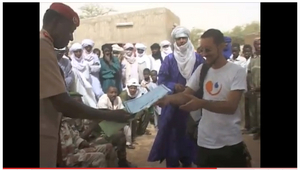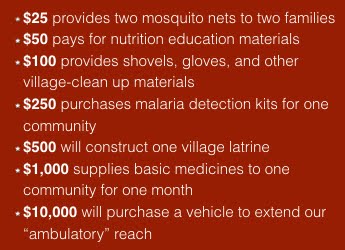We are partnering with the Vibrant Village Foundation! Thanks to a Vibrant Village grant of $130,000, Amman Imman is currently in the Azawak constructing a new borehole that will begin providing water for thousands of families in February 2012, before the height of the hottest part of the dry season in Niger. This borehole will provide water for as many as 30,000 people and animals.
We are working with our Azawak communities that already have a borehole to provide food relief! To meet their immediate needs, we plan to supply their food banks. We'll also be implementing a drip irrigation project to support their long term agricultural and gardening efforts. Read more details about the new borehole and projects here.
Another devoted supporter and good friend has pledged $30,000! We are on our way towards alleviating the pressure cause by this year's food crisis in Niger, and providing a sustainable solution within our communities that will last for years to come. But.....
That's where we need your help.
We are asking our supporters to help us raise these funds by the beginning of the year, to see our projects to fruition, and support ongoing follow-up throughout the year.
Here's what you can do:
1) Make a donation. Large, medium, small - it all adds up to improving lives and bringing water, food, and hope!.
2) Create your own Amman Imman fundraising page and reach out to your community of family and friends. "It takes a village" of people helping to make a difference!
3) Spread the Word. On Facebook, Twitter, etc.
Thank you for being part of our vision to bring water and hope to the Azawak!


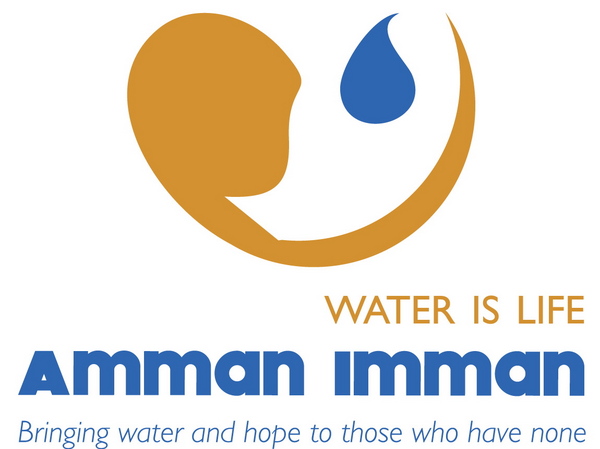

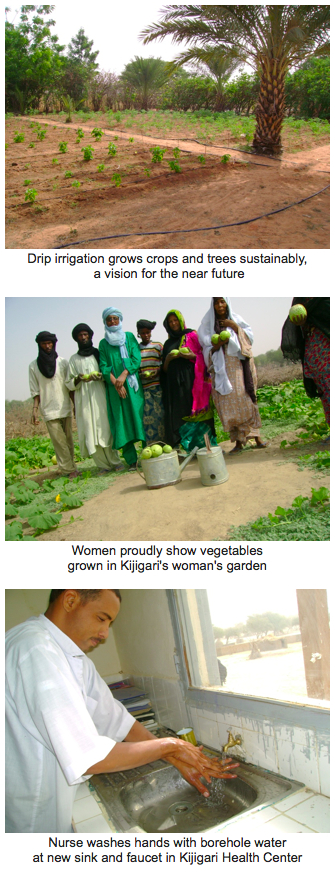
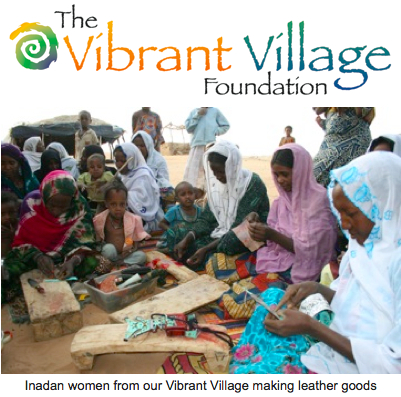 We are happy to announce that we’ve initiated the process to build our next borehole
We are happy to announce that we’ve initiated the process to build our next borehole

